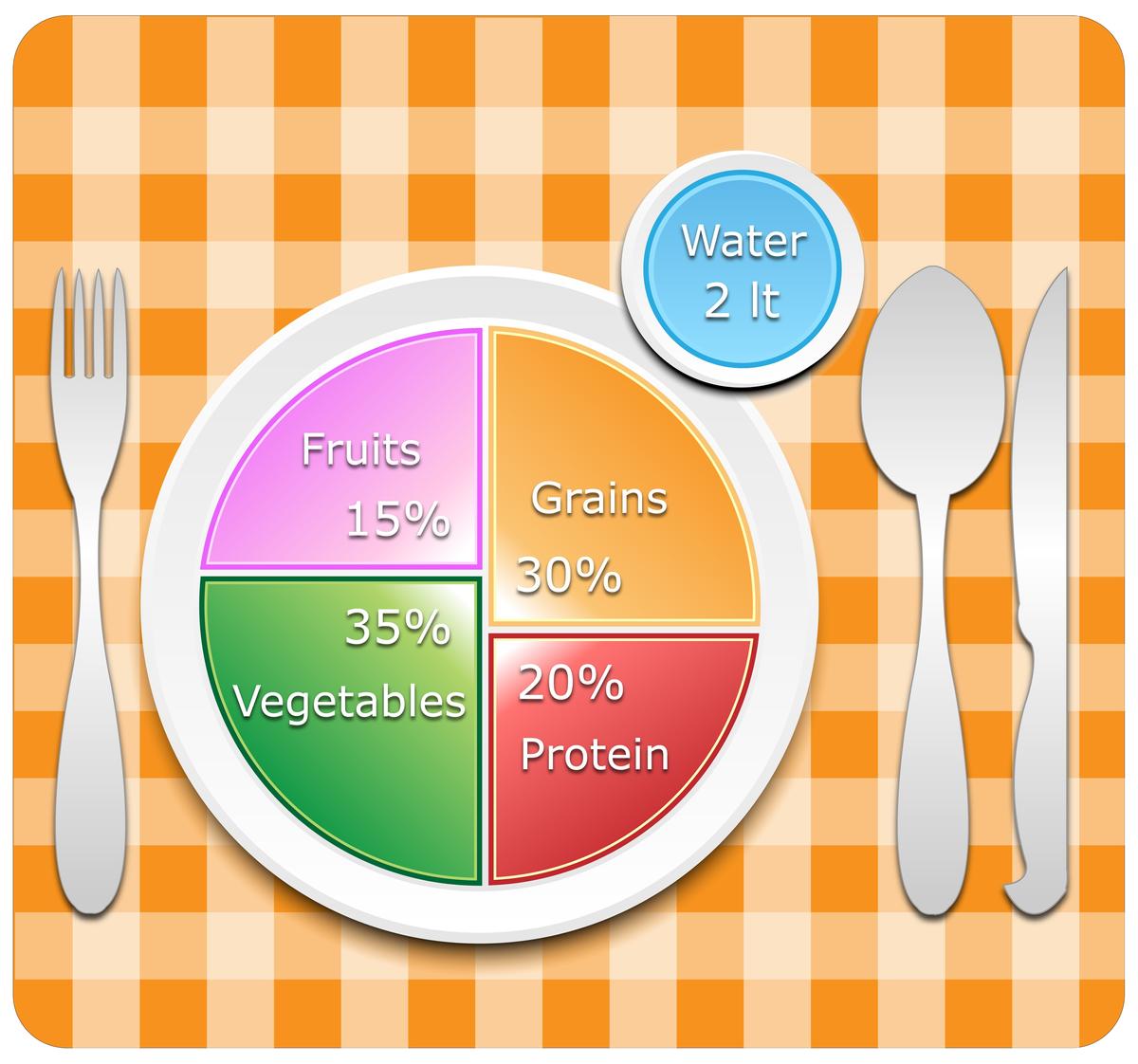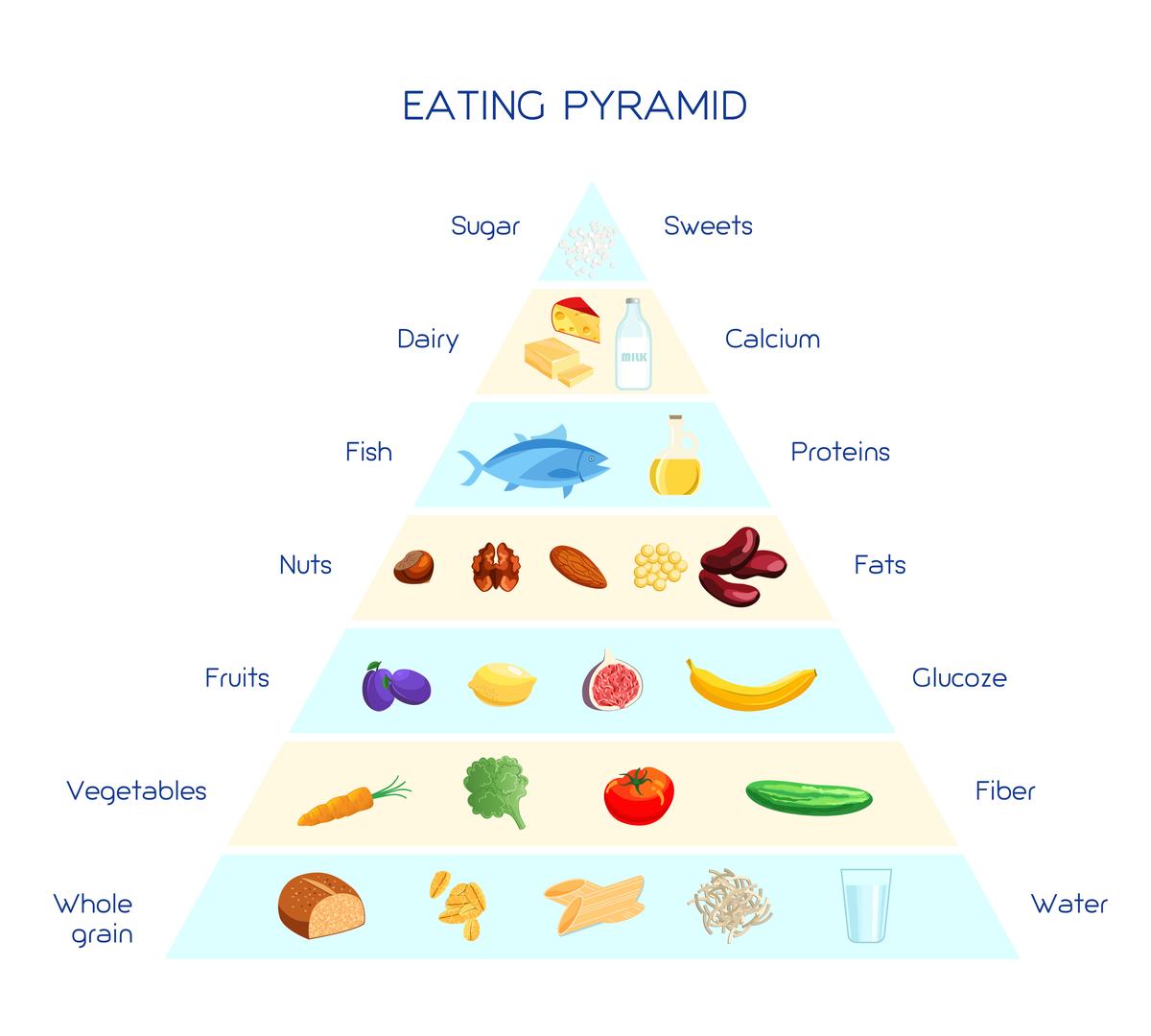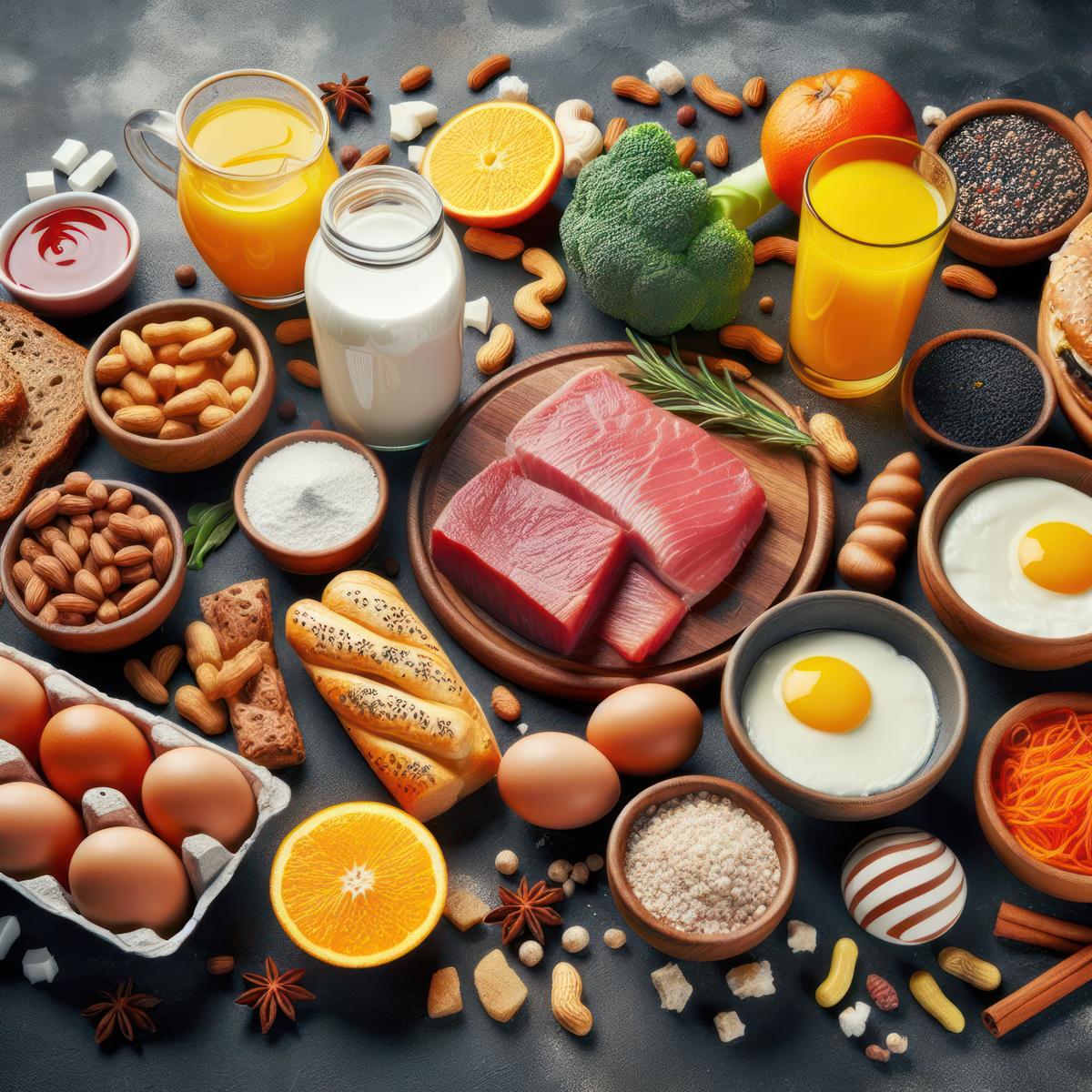Sleep and Nutrition = Success
Fuelling Young Athletes for Peak Performance

Sleep and Nutrition = Success
Fuelling Young Athletes for Peak Performance
Whether you’re sprinting down the field, scoring goals, or working on your personal best at training, one thing is clear: to be your best, your body needs the right fuel—and enough rest. For young athletes in elite sports programs, the balance between sleep and nutrition can be the secret weapon that powers performance, boosts recovery, and helps prevent injury.
Let’s break it down and look at how these two powerhouses—nutrition and sleep—work together to support growing athletes, and what you can do to make the most of them.
WHAT DOES A HEALTHY PLATE LOOK LIKE?
Nutrition isn’t about strict diets or cutting out your favourite foods. It’s about giving your body the variety of nutrients it needs to train, recover, and grow. Think of your meals like a team—each part plays a role.
Here’s a simple guide to what a healthy plate looks like for young athletes:
🥦 The 5 Main Food Groups


1. Vegetables – Rich in vitamins, minerals, and fibre. Eat a variety of colours!
2. Fruits – Provide natural sugars, vitamins, and hydration.
3. Grains – Whole grains (like brown rice, oats, wholemeal bread) give you energy.
4. Protein – Builds and repairs muscles. Think lean meats, eggs, legumes, tofu.
5. Dairy or alternatives – Important for bone strength (milk, yogurt, cheese, or calcium-fortified non-dairy options).
6. Healthy fats – Found in nuts, seeds, avocado, olive oil—great for energy and brain health.
Try to build every main meal with a balance of these groups. Snacks can be smaller versions or combinations—like a fruit and yogurt, or wholegrain crackers with cheese.
DAILY NUTRITION NEEDS BY AGE GROUP
⚽ FOR UNDER 12s (AGES 6–11)
This is a time of rapid growth, high energy, and developing coordination. Kids in elite sports may need 20–30% more energy than non-athletes their age.
✅ What they need as a minimum each day:
• 5 serves of vegetables
• 2 serves of fruit
• 4–5 serves of grains
• 2.5 serves of dairy
• 1–1.5 serves of protein
• Plenty of water (6–8 cups/day)
🏃 FOR AGES 12–18 (TEEN YEARS)
The teen years involve intense physical, mental and emotional development. Add in sports training and their nutritional needs jump again.
✅ What they need as a minimum each day (boys and girls differ slightly, but here’s a strong
baseline):


• 5–6 serves of vegetables
• 2 serves of fruit
• 5–7 serves of grains (wholegrains are best)
• 3–4 serves of dairy or alternatives
• 2–3 serves of protein-rich foods
• Water: 8–10 cups per day (more when training)
✅ Pre-training snack ideas:
• Banana with peanut butter
• Smoothie with milk, oats, and berries
• Muesli bar and a piece of fruit
✅ Post-training recovery fuel:
• Chocolate milk
• Tuna and salad sandwich
• Chicken and rice bowl with veggies
✅ Tips for teens:
• Skipping meals slows recovery and affects concentration
• Avoid energy drinks—opt for water or milk instead
• Teens often need more iron—especially girls. Red meat, spinach, and fortified cereals help
FOR UNDER 12s: BUILDING GOOD HABITS EARLY
You might be young, but your body is already working hard! At this age, you’re growing fast and learning the basics of sport and movement. It’s the perfect time to build healthy habits that will support you for years to come.
🛏️ SLEEP TIP:
Kids aged 6–12 should aim for 9–11 hours of sleep per night. Try to:
• Turn off screens at least 30 minutes before bed
• Stick to a consistent bedtime—even on weekends!
• Have a calming routine like reading or listening to soft music
🥗 NUTRITION TIP:
Don’t skip breakfast! It’s your body’s first fuel of the day. Try to include:
• A carbohydrate (like toast, oats or cereal)
• A protein (like yogurt, eggs, or milk)
• A fruit (like a banana or berries)


FOR TEENS (12–18): POWERING THROUGH THE TEEN YEARS
Teens are training harder and often juggling school and social life. Fuelling properly helps them stay sharp and recover quickly.
🛏️ SLEEP TIP:
Teens need 8–10 hours per night. Create a wind-down routine and avoid phones in bed to get quality rest.
🥗 NUTRITION TIP:
Balance is key. Carb-rich meals for energy, protein for muscle repair, and hydration throughout the day.
Before training: Snack 1–2 hours before
After training: Refuel within 30–60 minutes
Daily water goal: 2–2.5 litres depending on activity level
💤 THE SLEEP–NUTRITION CONNECTION: HOW FOOD AND REST WORK TOGETHER
When we think about getting better at sport, most of us focus on training harder. But what if one of your biggest performance boosters happens when you’re not training at all?
Sleep and nutrition are deeply connected—and they work together to shape how you feel, how you recover, and how well you perform.
Let’s explore how:
🍽️ WHAT YOU EAT AFFECTS HOW YOU SLEEP
Your body runs on fuel—and just like a car, the type of fuel matters. Certain foods can support good sleep, while others can make it harder to wind down.
Here’s what to keep in mind:
✅ Balanced meals promote better sleep
A dinner that includes complex carbohydrates (like sweet potato, brown rice, or wholegrain pasta), a good protein source (chicken, tofu, fish), and some vegetables helps your body feel satisfied, stable, and calm—perfect conditions for sleep.
✅ Magnesium-rich foods help muscles relax
Magnesium is a mineral that helps relax your muscles and nerves. You’ll find it in foods like:
• Leafy greens (spinach, kale)
• Nuts and seeds
• Wholegrains
• Bananas
• Dark chocolate (in small amounts!)
✅ B-vitamins regulate sleep hormones
B-vitamins help your body produce melatonin, the hormone that controls your sleep-wake cycle. Foods like eggs, legumes, lean meats, dairy, and wholegrains are rich in these.
🚫 Limit sugar and caffeine later in the day
Sugar and caffeine (found in soft drinks, chocolate, and energy drinks) can interfere with your ability to fall asleep—and stay asleep. Try to avoid these after 4pm, especially on training days.
⏰ WHEN YOU EAT MATTERS TOO
It’s not just what you eat—but when you eat.
• Going to bed hungry can lead to poor sleep or waking up in the night. If dinner is early and bedtime is late, a small snack like yogurt, a banana, or toast with nut butter can help.
• Eating too late or having a heavy meal just before bed can cause indigestion or restlessness. Aim to finish dinner at least 1.5 to 2 hours before going to bed.
🧠 SLEEP AFFECTS HOW YOU EAT, TOO
This connection works both ways. If you don’t get enough sleep, your body’s ability to regulate hunger and fullness goes a little haywire. That means:
• You’re more likely to crave quick sugar hits or junk food
• Your reaction to stress increases, which may lead to emotional eating
• Your energy levels crash, affecting your food choices and performance
In short, poor sleep can undo even the best nutrition plans—and vice versa. Getting enough quality sleep can help you make better food choices, and eating well can help you sleep deeper and recover faster.
⚡ FUEL + REST = ATHLETIC POWER
Whether you’re a sprinter, swimmer, footballer or dancer, your body is under daily pressure to perform. You ask a lot from it—so it deserves the right support.
If you:
• Eat a variety of whole foods
• Drink plenty of water
• Avoid overloading on sugar and caffeine
• Sleep 8–10 hours a night (teens) or 9–11 hours (under 12s)
…then you’re setting yourself up for:
• Faster recovery
• Better energy and focus
• Stronger muscles
• Fewer injuries
• Improved mood and mental clarity
FINAL TIP: THINK OF IT AS A TEAM
Think of sleep and nutrition like your body’s elite support team. One can’t do the job alone. They work together to get you back on the field, the court, or the stage feeling your best.
So next time you’re planning your meals—or winding down for bed—remember: champions aren’t made by training alone. They’re built day by day, meal by meal, and night by night.
Train smart. Eat smart. Sleep smart. That’s how you grow into your potential.